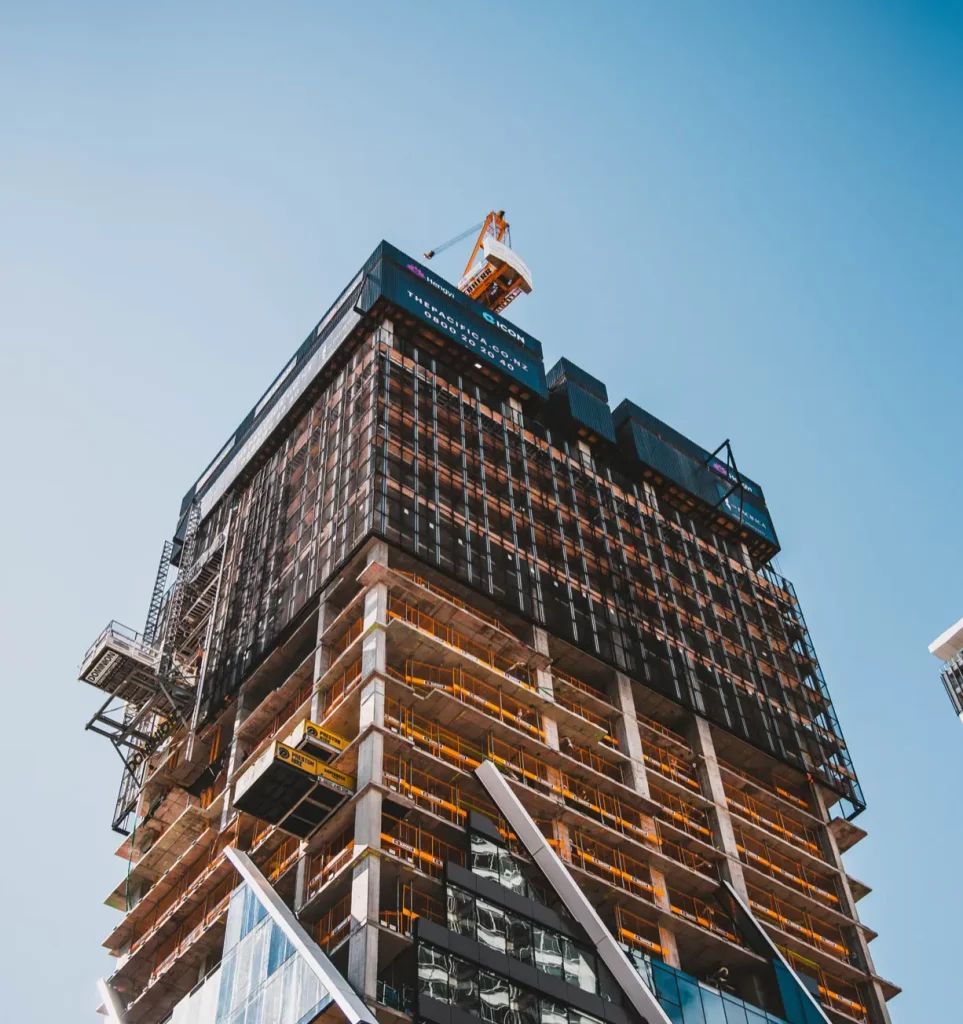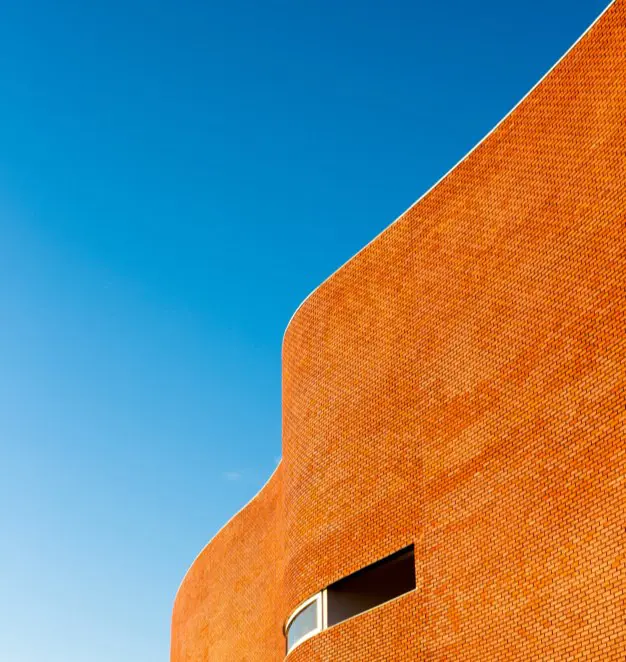Water, Irrigation & Sanitisation Engineering
Delivering integrated construction services to build lasting success
When you partner with TranSul, you not only get innovative solutions, you get our fully vested team and a commitment to doing things right. Our relentless focus on success leads to smarter more collaborative building practices.

No matter the challenge, we build on what we know works and elevate your vision of success
Water Engineering
Sustainable solutions must be based on realistic, durable and adaptable designs. Simply put, water sustains all life, which is why we’re proud of bringing together the best expertise and latest innovations to meet the challenges facing our clients – and the wider world – head on.
We see water in context. From delivering water infrastructure to advising on natural catchments, we consider commercial, economic, environmental and social implications.
TranSul’s global reach and keen insight into the entire water cycle, and our practical experience in contrasting climates and conditions, brings oversight to our work in water – including infrastructure design and engineering, asset management, flood mitigation, sustainable water management, water strategies and research.
All-round thinking is the product of our specialist engineers, project managers, management consultants and environmental and water scientists working seamlessly together – and in partnership with clients.
Worldwide, population growth, expanding cities and changing lifestyles are increasing demand on scarce resources. This puts us all under pressure to do more with less.
TranSul helps clients address the pressures of how to reuse, recycle or recover resources from waste, creating commercial opportunities that promote healthier communities and environments.
We combine our global experience with knowledge of local markets, across waste and water . From our worldwide network of experts, we create integrated teams that can carry out plans from concept to operation, bringing interconnected insight into rapidly changing technology, markets, planning standards and legislation. We help clients understand and minimise the risk associated with their waste strategies and programmes.
We don’t just look to the future; TranSul provides practical advice, helping clients improve their waste management programmes today.
The challenges ahead are considerable. With population growth and climate change risk, the design and management of water infrastructure is becoming more complex.
With oversight, we can better look ahead. Transul’s foresight helps adapt to changes in supply, demand and regulation by bringing greater flexibility and efficiency to their assets and operations.
The successful design, development and maintenance of our water infrastructure requires the integration of many disciplines. TranSul’s water team has wide-ranging skills spanning advisory and specialist technical services. We apply them on every kind of project, from flood risk management and water resource planning, to dam engineering, treatment works design and river engineering.
We’ve evolved our own ‘Design with water’ methodology, drawn on our experiences designing, implementing and maintaining water infrastructure around the world. ‘Design with water’ places an understanding of the local water cycle at the centre of responses to wider local issues like economic development, food and agriculture, community and energy use. By understanding and influencing the whole water cycle, TranSul has developed particular expertise that enables us to assess risks and support our clients in taking a strategic approach to water usage and management.
Sanitation Engineering
TranSul’s Waste Treatment business unit includes everything from mechanical and biological treatment, traditional mass-burn energy from waste and material recycling technologies to in-vessel composting, advanced thermal treatment, innovative small-scale energy from waste and anaerobic digestion.
As we emerge from lockdown, the challenges presented by the climate emergency remain. To ‘build back better’ in this sector, we need people and technologies to develop the solutions.
Through our waste treatment operations, we see first-hand how society uses resources and how different technologies are able to reduce impact through recovering value and improving sustainability, social value and social inclusion. In other words, infrastructure that delivers positive societal benefits and outcomes.

